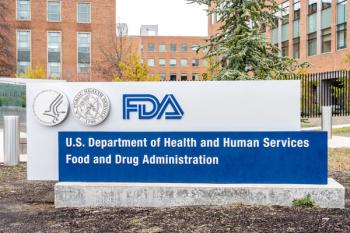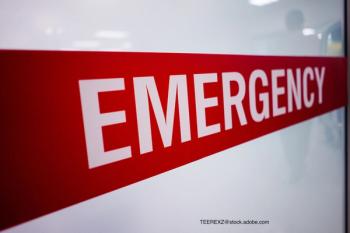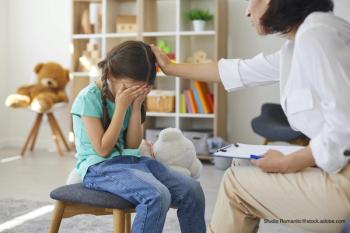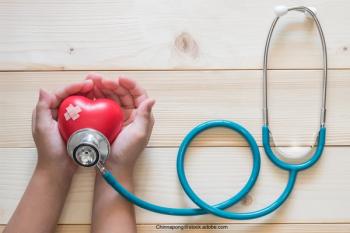
First-time visits up sharply, study finds.

First-time visits up sharply, study finds.

Eating disorders carry many risks. An investigation looks into whether they can increase the risk of certain neurodevelopmental conditions in the children of mothers with a history of eating disorders.

An investigation examines whether self-harm, suicide or suicidal ideation in children and adolescents saw an increase during the pandemic, as anticipated by many clinicians.

The supplemental new drug application of brexpiprazole for the treatment of schizophrenia in pediatric patients aged 13 to 17 received US Food and Drug Administration (FDA) approval.

There are ways to mitigate stress by managing its symptoms. However, there are also ways to lessen stress by preventing some of it in the first place.

Taking some time every day to recharge your batteries can help improve stress.

Burnout is an all too real phenomenon for many in health care. Here's a look at some ways to tackle and prevent it.

A pediatrician shares how the hobby she started during the pandemic has helped her.

This past October, many organizations declared a national emergency for children's mental health. What can a pediatric clinician do to help?

Here's what you need to know about this 501c3 non-profit organization dedicated to ensuring that the most effective, scientifically proven mental health care reaches all children and families.

Pandemic’s impact could worsen gender divide in income and career prospects, study finds.

Opening your practice to allow pre-med and medical students to shadow you offers more than just benefits for them.

Editorial advisory board member Donna Hallas, PhD, CPNP, PPCNP-BC, PMHS, FAANP, FAAN, shares her love of tennis.

For this first holiday season of live events since COVID-19 hit, tips on how to address a broad spectrum of mental health issues, including those children who have lost a loved one to the pandemic.

Michael Jellinek, MD, discusses the current mental health crisis in children.

The assumption has been that the COVID-19 pandemic has been at the root of recent upticks in physician burnout.

When a patient has both substance use disorder and major depression, how likely is it that both will be treated successfully, and what populations may not be getting all of the needed treatment?

The AAP, AACAP, and CHA call on policymakers to act quickly to address the children's mental health crisis

Guidelines from the American Academy of Pediatrics help guide families on how to manage and move on from trauma.

At the virtual 2021 American Academy of Pediatrics National Conference & Exhibition, Christina Low Kapalu, PhD, discusses evidence-based lifestyle interventions that should be part of an adolescent depression management and treatment plan.

A session at the virtual 2021 American Academy of Pediatrics National Conference & Exhibition shared how books can help families build the resilience that can aid in weathering stressful times.

At the virtual 2021 American Academy of Pediatrics National Conference & Exhibition, Jay Rabinowitz, MD, FAAP, discusses the benefits of incorporating a mental health provider into your pediatric practice.

At the virtual 2021 American Academy of Pediatrics National Conference & Exhibition, Hilary McClafferty, MD, FAAP, discusses evidence-based management tools to relieve stress and burnout for pediatricians.

Chronic adolescent exposure to THC and cannabis could lead to adverse mental health outcomes and impacted brain functioning.

Physician well-being has taken a beating throughout the COVID-19 pandemic.